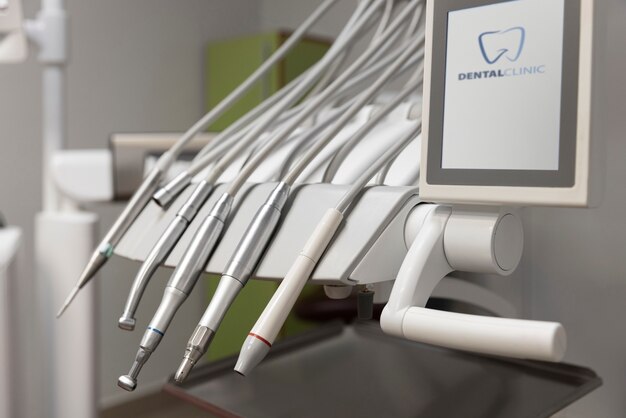
For many people, going to the dentist is something they’d rather avoid, and even if you’re not bothered by it, the cost of dental treatment can be quite high, especially for more extensive work. Dental insurance isn’t always available to everyone, which can make things even tougher.
However, maintaining a healthy mouth is essential, and if you skip regular dental visits to save money, you might end up spending just as much or more on fixing serious issues later on. But don’t worry; you can protect your teeth without spending a fortune! Here are nine simple ways to cut down on dental expenses:
1. Focus on Prevention: Although regular cleanings can be costly, they are much cheaper than extensive procedures like root canals or extractions. Experts suggest going at least every six months, but your dentist may recommend more frequent visits based on your needs.
2. Maintain Good Oral Hygiene at Home: Brushing and flossing regularly at home are crucial to saving money at the dentist. Consistent use of the right toothpaste, a healthy diet, and daily flossing can help prevent cavities and lower your dental costs.
3. Watch Your Diet: Your diet impacts your dental health. Drink plenty of water and milk, and consider having a glass of green or black tea daily to prevent bacteria growth. Include lean proteins with vitamin B, leafy greens like spinach, crunchy fruits such as apples, and dairy products for healthy teeth. Fruits rich in vitamin C, like oranges and strawberries, are also beneficial, but opt for sugar-free gum if you chew.
4. Ask for Discounts: Many dental offices offer discounted rates if you pay in cash, potentially saving you 20% to 50%. You might also get a family discount if multiple members of your household receive treatment.
5. Visit Dental Schools: Dental schools often provide free or low-cost cleanings to give students hands-on practice under the supervision of licensed dentists. While the process may take longer, the quality of care is usually high.
6. Consider Financing Plans: For expensive treatments like root canals or orthodontics, inquire about finance plans offered directly by dental offices, which often have low or no interest. Be cautious, as missed payments could increase your interest rate.
7. Explore Dental Insurance Plans: Look into standalone dental insurance plans or those available with your health insurance. Even if you’re on Medicare, you can find dental policies that fit your needs with some research.
8. Use Flexible Spending Accounts (FSAs): Some employers offer FSAs where you can set aside pretax dollars for medical expenses. Plan your spending carefully to make the most out of your FSA funds.
9. Get a Written Treatment Plan: Ask your dentist for a detailed treatment plan to preview the upcoming expenses and discuss potential savings with your dentist. This can also help you efficiently manage your FSA contributions.
Lastly, pay attention to the timing of elective procedures based on your insurance or FSA. Dental insurance plans often have time restrictions, and there may be maximum payout limits for both FSAs and dental plans. If a procedure requires multiple steps, consider spreading these across different years, allowing benefits to reset.
Don’t let the cost deter you from taking care of your dental health. Regular brushing, flossing, and preventive care can help you maintain your teeth longer and save money in the long run. Keep these money-saving tips in mind to budget effectively for your dental care needs!